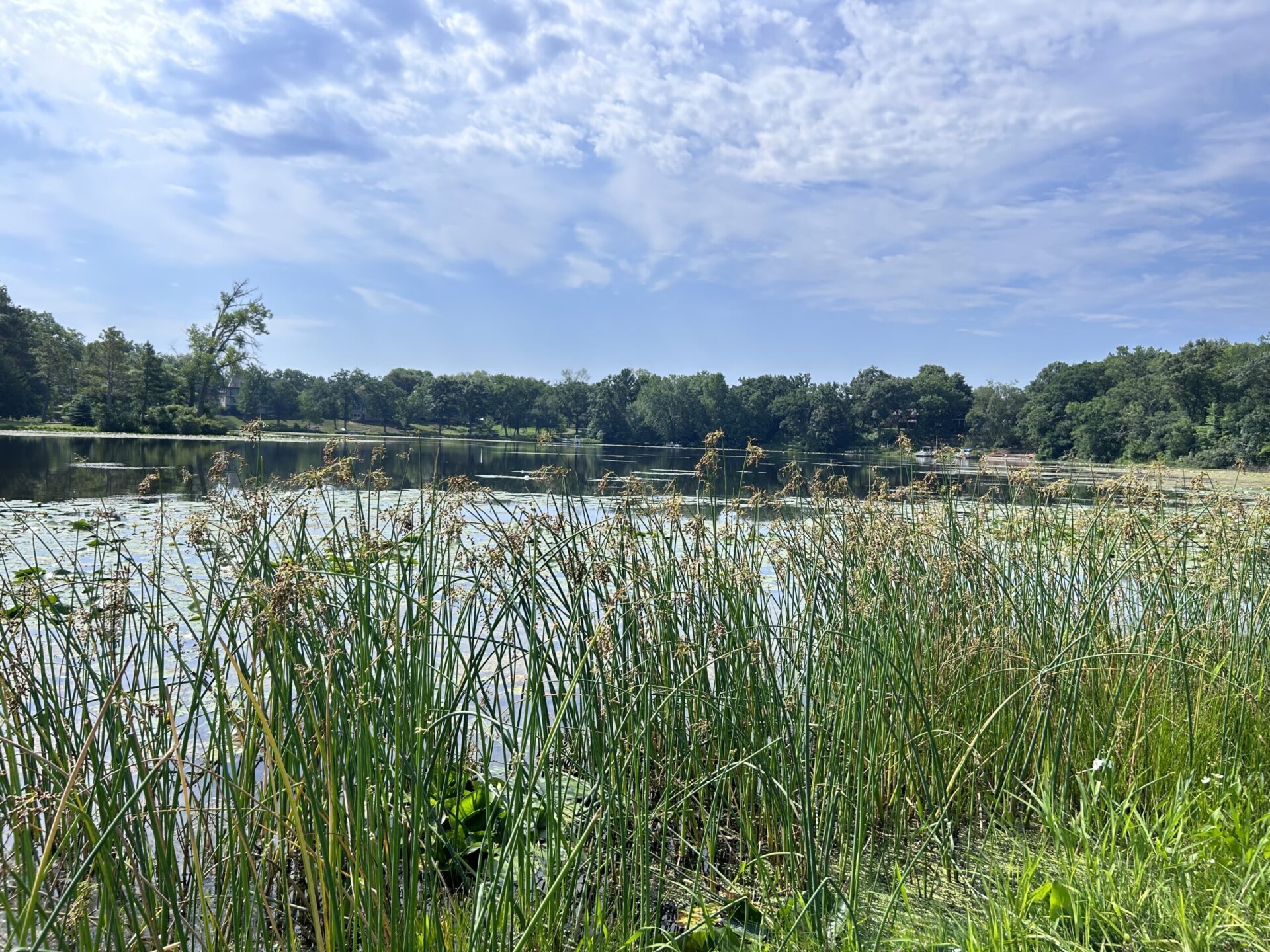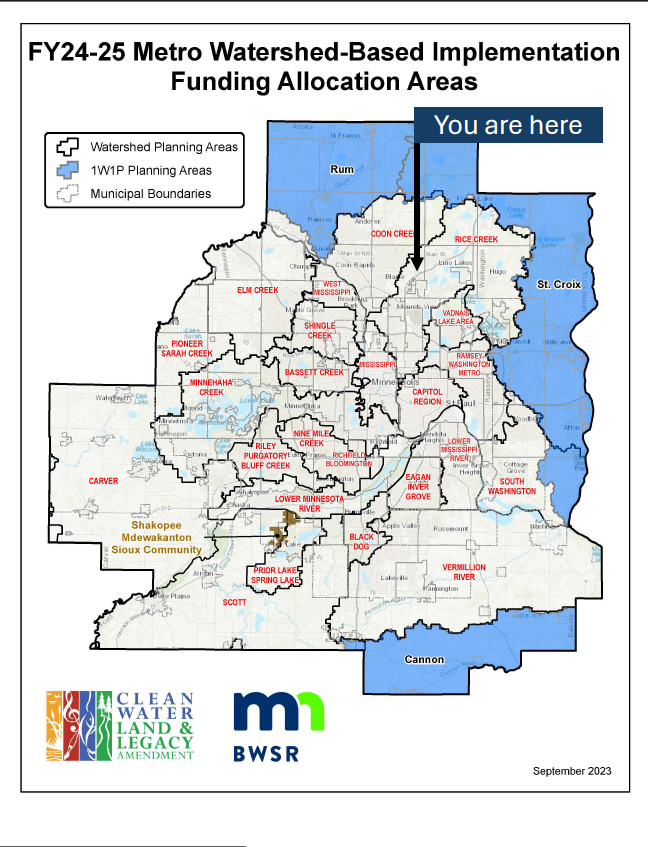
Watershed Based Implementation Funding (WBIF)
What is WBIF?
The Watershed Based Implementation Funding (WBIF) is a program designed to support comprehensive watershed management. It offers an alternative to traditional funding methods by focusing on strategic, science-based projects that address the highest water quality needs within a watershed. The program prioritizes timely and effective solutions, helping local government units (LGUs) implement plans and practices that protect and improve water quality.
Purpose of the Program
WBIF provides targeted funding to facilitate the successful implementation of water quality projects identified in locally adopted water plans. By using existing data and focusing on priority areas, WBIF helps maximize the impact of spending, reduce application burdens, and promote science-based decision-making in watershed management.
WBIF Projects and Progress Tracking ArcGIS Dashboard
Coming Soon!
Who Can Apply?
Eligible partners/applicants include:
- Counties
- Municipalities
- Soil and Water Conservation Districts (SWCDs)
- Watershed Districts (such as Rice Creek Watershed District)
- Watershed Management Organizations (WMOs)
- Minnesota Tribal Nations
Note: counties, municipalities, SWCDs, and WMOs must have a state-approved Water Plan to be eligible.
Who Are the Partners?
The WBIF program involves collaboration between multiple agencies and organizations, including:
- BWSR (Board of Water and Soil Resources): The primary funding administrator and facilitator.
- State agencies and regional partners: Such as the MnDNR and local watershed organizations.
- Local government units: Counties, cities, SWCDs, and watershed districts like Rice Creek WD.
- Convene Committee Members: Representatives from watershed districts, SWCDs, counties, municipal areas, and BWSR participate in decision-making and project prioritization.
The Convene Process
This process ensures community input, transparent decision-making, and strategic project selection:
- Members meet to review potential projects.
- They decide on decision-making processes, project funding caps, and priority areas.
- Meetings are scheduled with BWSR support, and project proposals are discussed and refined.
- Final project selections are made collaboratively before grant requests are submitted.
How to Get Involved
Interested cities/counties/SWCDs within Rice Creek Watershed District are encouraged to participate in the Convene meetings and submit project proposals aligned with watershed priorities.

Allocation Areas
27 Metro allocation areas
• RCWD is in the “Metro Rice Creek” area
• $9M for Metro WBIF FY24-25
• $448,016 for Metro Rice Creek in FY24-25
Resources
Contact
For more information on WBIF in the Rice Creek Watershed District, please contact:

